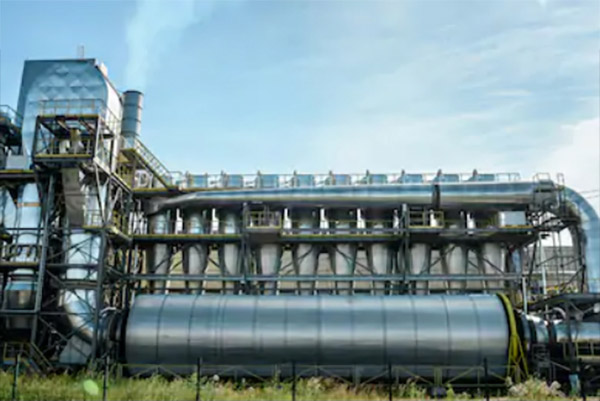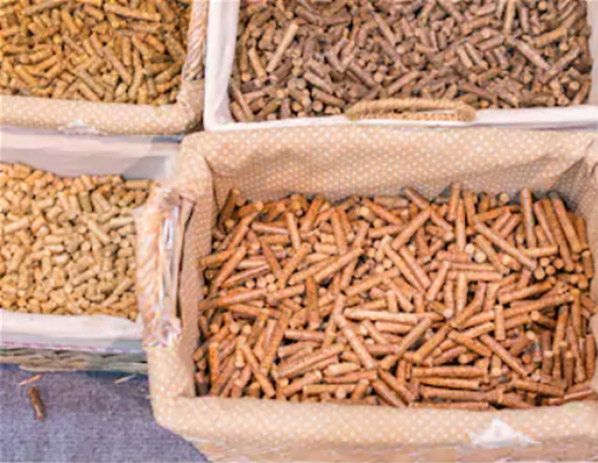Lifeasible offers technical support services for various biomass solidification technologies which are aimed to produce solid biofuel. Biomass solidification is one kind of technologies that utilize lignin as a binding agent, and compress biomass materials to produce a solid fuel with certain shape such as nubby, granular and rod-like fuel. During this process, the agricultural and forestry wastes such as crop straw, rice husk, and wood chips are pulverized, then are sent to a forming device which may be granulation machine, straw briquetting machine, or feed pellet machine. The forming machine can compress pulverized materials into a desired shape by an external force. The products can be directly burned as an energy-rich fuel, or they can be further processed into biochar. In the process of compression molding, lignin plays a binder function under the action of temperature and pressure, it can adhere and polymerize biomass particles, improve the bonding strength and durability of the molded product at the same time.
Based on the services provided by Lifeasible, customers can produce solid biofuels for cooking and home heating, as well as used as an alternative fuel for industrial boilers or power plants. We are always committed to offering technical consulting, project design, and process optimization services that increase energy use ratio in biomass and reduce solid biofuel production cost. Lifeasible primarily offers services for two kinds of biomass solidification technologies, one is cold compression molding, and the other is hot compression molding. If you need other biomass solidification technology related services, please contact us for more information.

Hot Compression Molding
Hot compression molding technology compresses biomass by high temperature and high pressure to make it a high-density biofuel. The process of hot compression molding includes pulverizing the larger granules, controlling the humidity of the material to a specific range through a dryer, heating the material to soften the lignin, compressing to certain shape and cooling. There is no need to add any additives or binders during hot compression.

Cold Compression Molding
Cold compression molding technology forms a granule by inlaying and wrapping the pulverized biomass fiber structure at a normal temperature through a special compression method. Cold compression molding technology only needs two steps which are pulverization and compression. It does not have high requirement in water content of the raw material.
Factors affecting biomass solidification mainly include biological raw material type, humidity, temperature, molding method, residence time of the molding process, and bonding agent. At Lifeasible, we have rich experience in optimizing these factors, thus we can help you reduce the impact of these factors on solid biofuel production when in combination with your specific need.
Lifeasible provides biomass solidification technical support services which pursue high standard, high output, high efficiency and low cost. Services provided by Lifeasible not only include technical consulting service, which can help you solve professional difficulties and technical problems, but also include project design and process optimization service. These services enable customers to produce solid biofuels using a variety of biomass materials and improve the calorific value and combustion performance of their products. Lifeasible is always committed to providing you with the best service, welcome to contact us for more information.
Lifeasible has established a one-stop service platform for plants. In addition to obtaining customized solutions for plant genetic engineering, customers can also conduct follow-up analysis and research on plants through our analysis platform. The analytical services we provide include but are not limited to the following:
Get Latest Lifeasible News and Updates Directly to Your Inbox
Adaptive Evolutionary Mechanism of Plants
February 28, 2025
Unraveling Cotton Development: Insights from Multi-Omics Studies
February 27, 2025